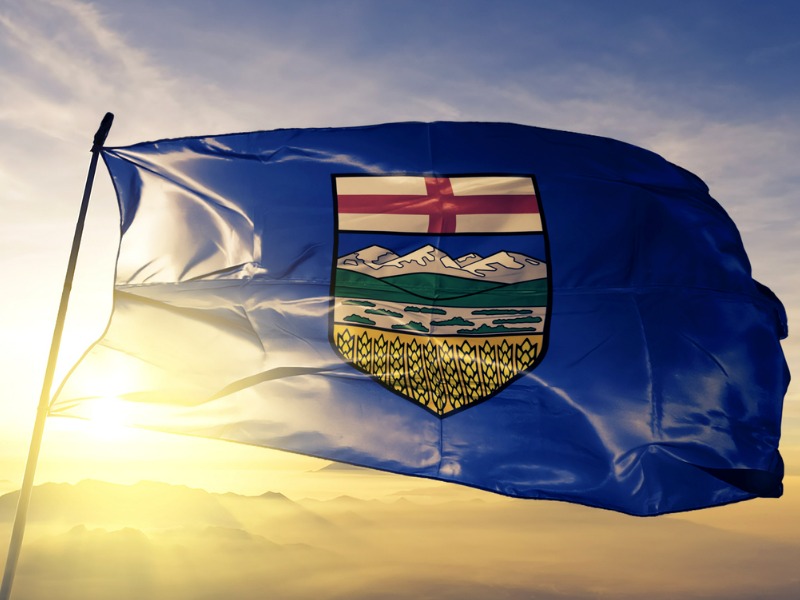How an Alberta election may impact decisions on captive insurance

Companies looking at the benefits of setting up an Alberta captive insurance company appear to be taking a ‘wait-and-see approach’ with respect to tax treatment.
At the moment, the province’s tax authorities have indicated captives will be treated the same as other insurance entities with respect to premium tax rates – which is different than most other captive jurisdictions in North America, but correlates with how British Columbia treats captive premiums, said Sam Jackson, who heads NFP’s Alberta captives effort.
Currently, entities using special brokerage licenses can provide coverage capacity from insurance companies that are not licensed in Alberta, which would include offshore captives or reinsurance companies, with 4% premium tax, he added.
“In most U.S. jurisdictions where there’s captive legislation, the premium tax is a fraction of what the premium tax is for standard insurance,” Jackson told Canadian Underwriter. “If Alberta decides, ‘We’re going to do the same as Vermont and say it’s a 0.4% premium tax instead of 4%,’ that $10-million premium that’s being spent in Barbados – and that’s paying $400,000 in premium tax in Alberta – is more likely going to move because they’re going to pay $40,000 and save $360,000 in premium tax right off the bat.”
Unfortunately, though, clarity on premium tax treatment for captive insurance companies isn’t expected until after Alberta’s next provincial election. “The legislators are hesitant to make any big waves at this point until we get through an election,” Jackson said.
Tax treatment for captives was a key issue raised by those commenting on Bill 76, which later became the Captive Insurance Companies Act and worked its way though Alberta’s legislature last year.
Comments made during readings of Bill 76 in the provincial legislature indicated the oil and gas industry, which faces capacity issues and premium hikes due to investor activism around environmental, social and governance (ESG) issues, was on the radar for the bill’s authors. An opportunity to bolster Alberta’s financial services sector also was voiced as a potential benefit.
And, noted Jackson, other industry sectors were asked for input and are evaluating the potential benefits of setting up an Alberta captive.
“A lot of companies are asking questions from all types of industry segments, including manufacturing, construction, residential and commercial real estate, condominiums, energy services, transportation etc.,” said Jackson. “Many are looking for alternatives to paying the premiums currently being charged by the commercial insurance market and evaluating whether or not an Alberta captive would meet their risk financing objectives.”
Feature image by iStock.com/Oleksii Liskonih




